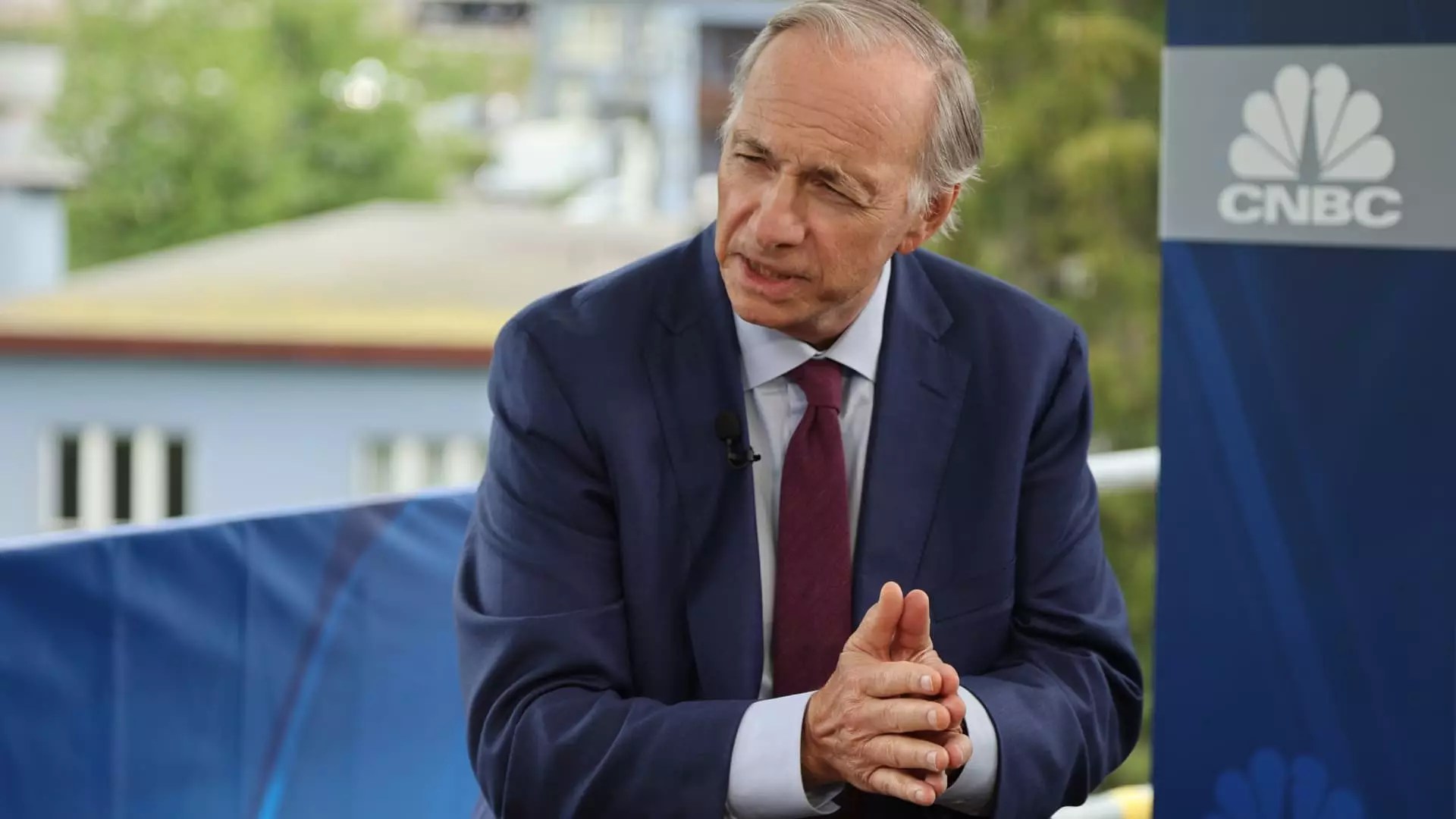Ray Dalio, the renowned founder of Bridgewater Associates, emphasizes the pivotal nature of the 2024 U.S. elections, labeling them as the most consequential of his lifetime. This assertion is rooted in the pronounced divisions plaguing contemporary American society. Dalio identifies these fractures as “irreconcilable differences” between the two dominant political parties, the Democrats and the Republicans, creating a landscape fraught with tension and potential unrest. According to Dalio, the potential failure to accept electoral outcomes accurately underscores the fragility of democratic norms in the United States.
In discussions with CNBC’s “Squawk Box Asia,” Dalio articulated concerns regarding the prevailing “win-at-all-cost mentality” that appears to dominate the political arena. This mindset not only hampers constructive dialogue but also erodes the essential spirit of compromise necessary for democratic governance. The rigid party lines drawn on contentious issues such as abortion, immigration, and climate change illuminate a broader dysfunction that threatens societal cohesion. With many Americans increasingly concerned with pressing issues like inflation and the cost of living, the effectiveness of political leadership is more critical than ever.
Dalio contends that neither political party currently has the leadership qualities necessary to guide the nation effectively. Instead, he calls for a unifying figure who embodies moderate values—one who can bridge the gap between opposing ideologies, fostering a cooperative environment. This “strong leader of the middle,” as he describes, would ideally focus on creating broad-based prosperity, which encompasses equitable growth and opportunity for all citizens rather than just a privileged few.
The idea of broad-based prosperity is not just a lofty vision—it is a practical necessity for a stable and functional society. Dalio points to Singapore as a model, highlighting its successful integration of education and public housing initiatives that contribute to overall societal well-being. Such examples underline the importance of having effective governance, where policies serve to uplift the entire population rather than select segments. Dalio’s insights invite reflection on the kind of leadership that can facilitate such progress in an increasingly polarized environment.
While Dalio expresses cautious optimism about certain facets of American society, such as its innovative culture and higher education institutions, he warns that these advantages do not extend to all. The path forward, according to Dalio, hinges on the ability of moderates to come together and enact meaningful reform that prioritizes collective prosperity. The stakes have never been higher, and the urgency for a robust and inclusive leadership is palpable. In a climate where political futures hang in the balance, the 2024 elections could very well shape the course of American democracy for generations to come.


Leave a Reply